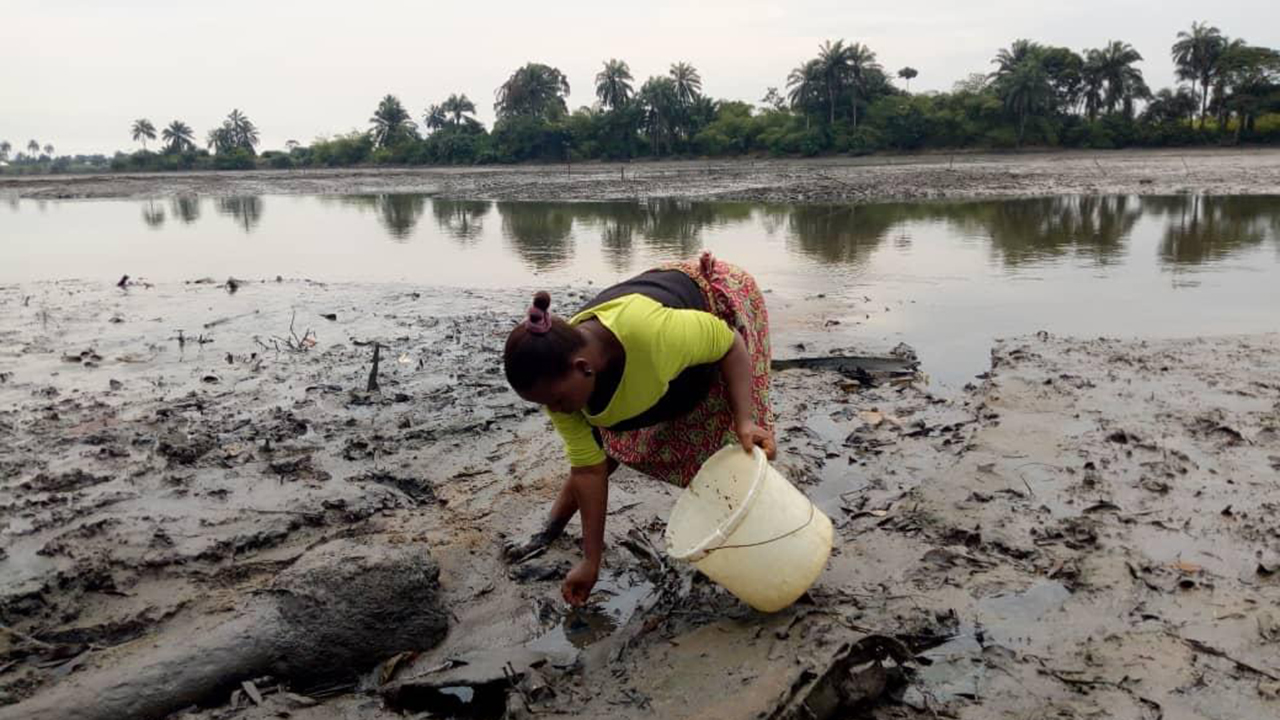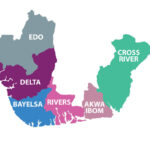The Kebetkache Women Development and Resource Centre, has called for genuine action on the protracted clean-up of the Ogoniland, in the interest of Nigerians, especially the women and children, who are most impacted in the pollution of the Niger Delta region.
The Executive Director of the centre, Ms. Emem Okon, made the call on Friday during the public presentation of the “Report of the Assessment of Women Livelihood Needs in Ogoniland” held via zoom.
- Group raises concern over contaminated water in Ogoni community
- 40 firms bid for water project in Ogoni
Kebetkache is one of the CORDAID strategic partners implementing the Restoring the Social Contract project in Rivers State and seeks to strategically position women in Khana, Gokana, Eleme and Tai local government areas where the recommendations of the UNEP Report is implemented by government through HYPREP.
According to her, there is no electricity and power supply in the region, thus, business owners use personal generator and it is difficult for some women to afford generators and sustain the fuelling.
She also said that drinking of polluted water has resulted in “increased death rate; pollution causes itching on women’s body; food insecurity, children dropping out of school to join kpo-fire business; and increased local accidents on motorbikes among others due to the inactions on the clean-up exercise.”
She said that the organisation conducted the women’s livelihood needs assessment in Eleme, Gokana, Khana and Tai local government Areas and that the main aim of the study was to promote women’s inclusion in livelihood decision making for sustainable development in Ogoniland.
She said some of the findings of the research include the level of education, duration of occupation, and monthly income saying they were significantly associated with lack of capital being faced as a livelihood challenge.
She also lamented that many women are still in the business of traditional birth attendance as an income-generating activity; while some also provide traditional medication and healing, thus required recognition, encouragement and support.
“The herbs are no longer potent as the plants are affected by pollution. These women need financial support to plant the required seeds and trees close to their houses and business locations since it is no longer safe to go inside the forests for herbs.
“They require enhanced skills and training. Furthermore, there is need to preserve the traditional knowledge by imparting it to the younger generation,” Okon said.
She among others recommended upscale and expedite efforts in environmental restoration of the area by government and oil companies; upscale interventions around improving rural market support systems to aid improved income from farming and fishing.
“Commission efforts at reducing post-harvest losses by providing processes for reducing produce from direct sunlight and rain and supported by improving market channels for agricultural produce to move from points of production to points of sale and consumption in urban areas.
“Increase women access to loans and credits to aid livelihood mobility from less preferred to more preferred activities; and improve channels of communications, participation and decision-making by women in the clean-up process as a means of communities owning the process, among others.

 Join Daily Trust WhatsApp Community For Quick Access To News and Happenings Around You.
Join Daily Trust WhatsApp Community For Quick Access To News and Happenings Around You.


